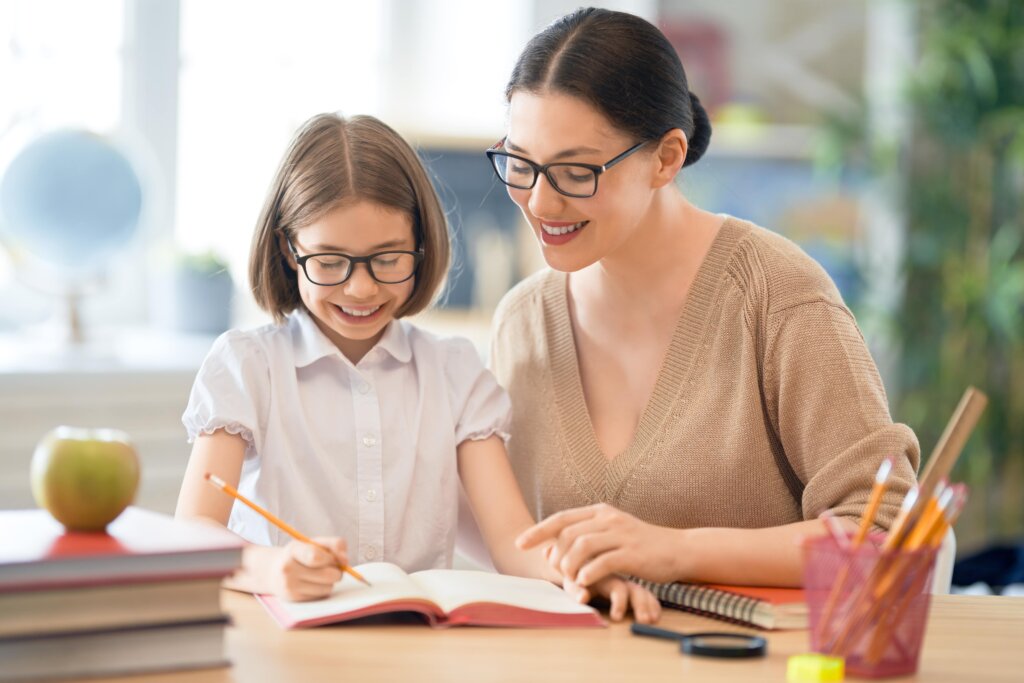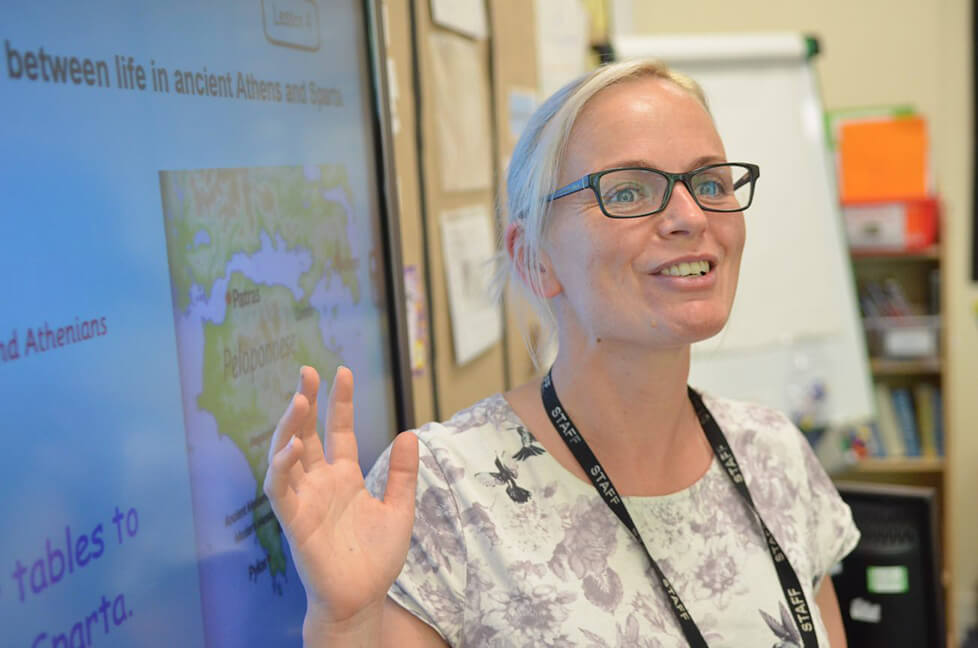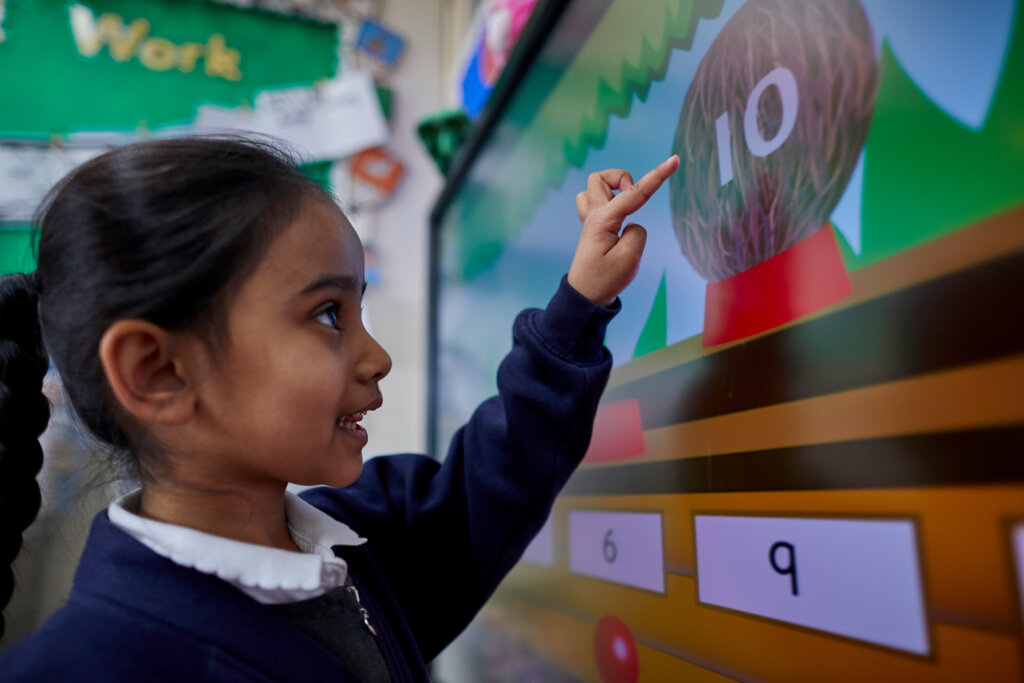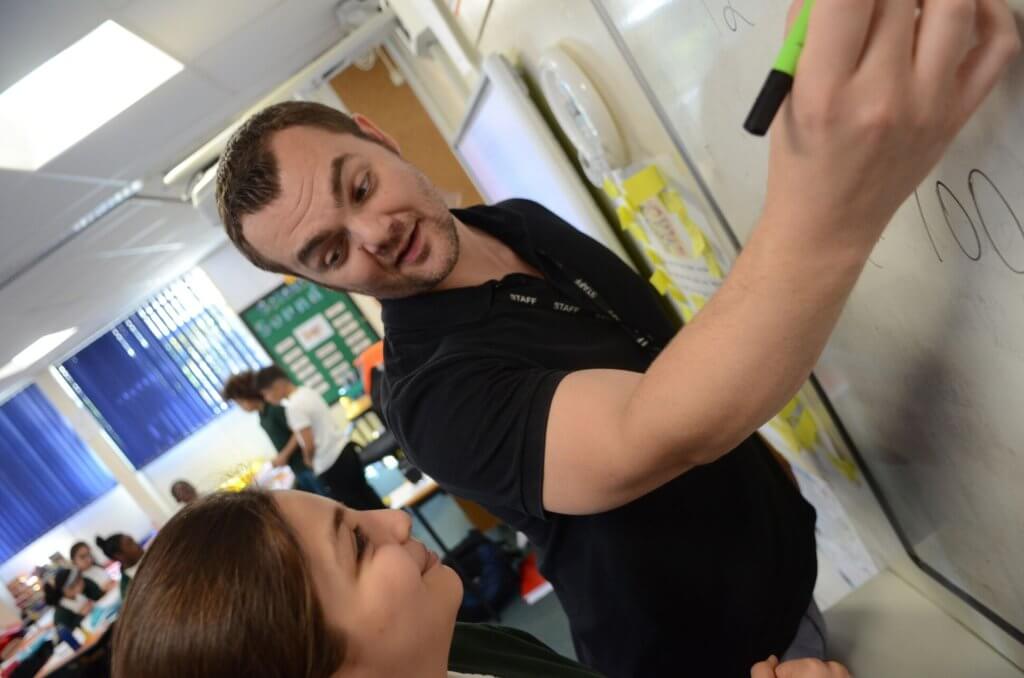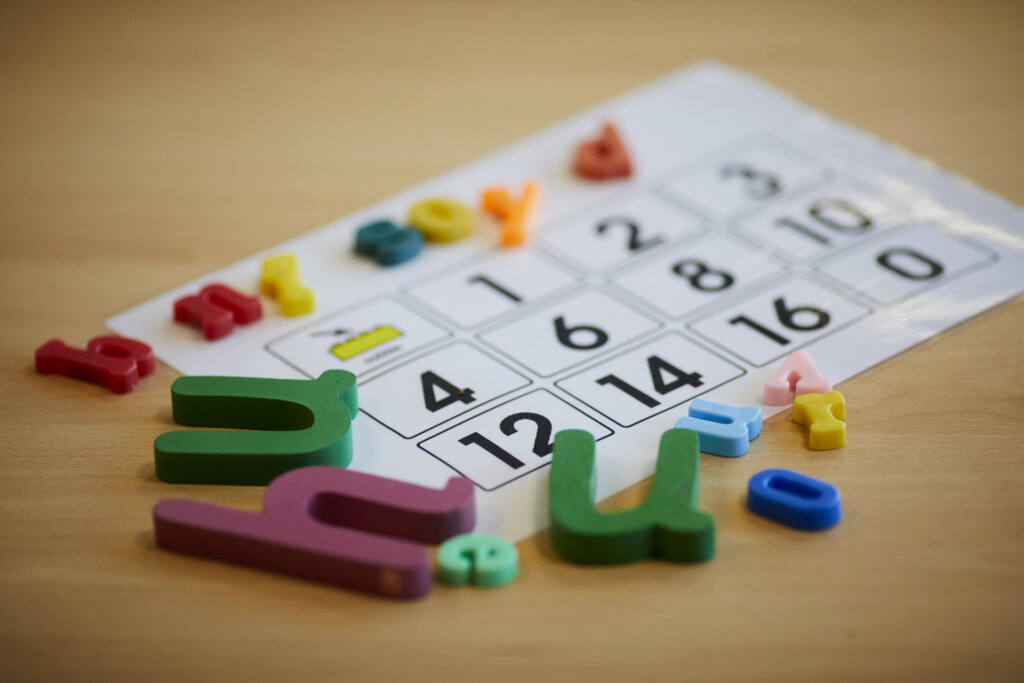Parental Expectations Post-Pandemic
When schools turned to remote learning, keeping in regular contact with parents online was essential for teachers to gain an understanding of their pupils’ progress and wellbeing. Now, children are back in their classrooms and teaching is carried out face to face – but the emails keep on coming.
Even before the pandemic, the rise of social media saw an increase in parental complaints and expectations. Back in 2019, Ofsted chief inspector, Amanda Spielman, declared that it was ‘high time leaders took steps to end this “instant response culture” that is putting huge pressure on teachers, and allow them to focus on the important work of teaching.’ Over the last two years, the borders between school and home life have blurred even further.
‘Parents of students now feel they can access teachers 24 hours a day, seven days a week,’ explains Sarah Bishop, a teacher working in Wolverhampton. With a constant stream of questions, comments, and criticisms, many teachers are finding it difficult to switch off from work, or concentrate on completing tasks in the evenings. Messages are often ‘banal, bizarre and sometimes, more worryingly, aggressive,’ but if teachers do not respond immediately, even late at night, parents are known to escalate to the headteacher by the next morning.
As the situation appears to be getting worse, delegates discussed how to address the issue at the latest NASUWT conference. Union leaders argued that schools must reset boundaries and protect teachers from excessive demands. To achieve this, general secretary of the NASUWT, Dr Patrick Roach, recommended the return of home-school agreements, which were scrapped in 2016. Other solutions suggested by Ofsted include restricting access to staff email addresses and reminding parents that meeting face-to-face is a more appropriate means of raising their concerns.
The Curriculum Goes Green
Studies show that children today are better at identifying Pokemon characters than real-life animals and plants. But the government hopes it can use education as a tool to reconnect young people with the natural world.
As part of the Department of Education’s flagship sustainability and climate change strategy, ministers have launched a brand new Natural History GCSE qualification, due to start in September 2025. As well as learning about the local environment and wildlife, pupils will have the opportunity to develop their skills in STEM and participate in practical lessons on how to improve biodiversity and climate resilience.
MPs across the political spectrum back the initiative, including Green Party MP Caroline Lucas, who said that ‘we owe it to our young people to teach them more about the riches of the natural world so they can recognise and appreciate its beauty, understand the scale of the loss we’re living through, and be equipped with the necessary tools to reverse it.’
The government also confirmed plans to rollout carbon literacy training to support sustainability leads in education settings, from nursery through to university. This will support leaders to put measures in place to protect them from the effects of climate change and improve climate education at all levels. Environmentalists such as Mary Colwell have championed the decision, calling it a game-changer that will allow everyone to become ‘nature-literate.’
Schools Struggle with Staff Shortages & Pupil Absence
Whilst the nation learns to live with Covid, schools continue to grapple with stubbornly high absence rates, both amongst pupils and staff. A survey by NASUWT has found that almost half of UK teachers tested positive for Covid last term and many schools were forced to close or send home year groups due to Covid outbreaks.
This is particularly alarming for pupils preparing to sit their exams in the summer. Last month, Year 11 pupils missed more than one in ten lessons in every region of the country bar London. Paul Whiteman, general secretary of the school leaders’ union NAHT, states that ‘the ongoing risk of illness and chaos caused by staff absence, not to mention the mounting pressure of exams, Sats and Ofsted, is unsustainable.’
As schools struggle without support, more than a quarter of teachers said they felt pressured to return to work whilst still feeling ill. In response, leaders across the sector call for the government to adjust their Covid policies. Geoff Barton, general secretary of the Association of School and College Leaders (ASCL), urges the government to bring back free testing for schools so that Covid will have less of an ‘impact on both pupils and the workforce.’
But Covid’s impact goes beyond the symptoms of the disease, as experts also worry about how it has affected the mental health of staff. Over ninety percent of teachers surveyed said that their job had adverse effects on their mental health, and almost three-quarters cited the increased dependence on remote learning as a factor. Mental health practitioners warn that the ramifications of the pandemic will still be felt in years to come.
Whilst children are always at the heart of everything we do in education, union leaders remind us that a world-class education system cannot exist if our schools fail to act as a ‘world-class workspace.’ One Education is committed to achieving this goal by ensuring your staff have all the support they need, whenever they need it. If your school is experiencing any of the challenges discussed in the news this week, please get in touch to find out how we can help.



